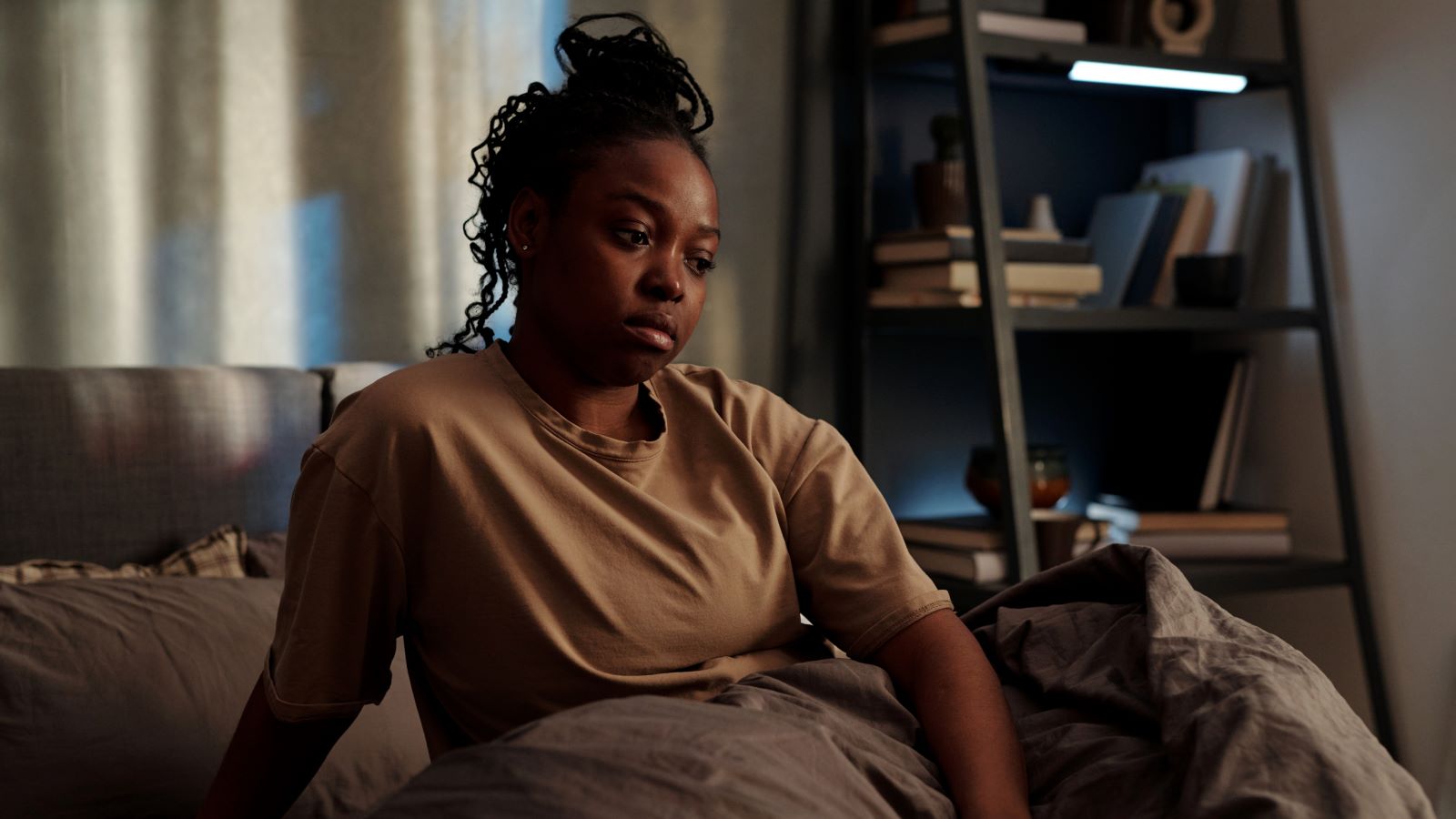<< Back
Why You Always Feel Tired — Even After 8 Hours of Sleep

November 27, 2025
You go to bed on time. You skip the late night scrolling. You even get your full eight hours.
And yet — when the alarm goes off, you still feel like you’ve been hit by a truck. Sound familiar?
“You can get what looks like enough sleep on paper and still wake up exhausted,” says Steven Thau, MD, sleep specialist with Hartford HealthCare Medical Group. “The key is not just the quantity of sleep, but the quality.”
From hidden sleep disorders to habits that sabotage your rest, there are several reasons you might be dragging, despite a full night’s sleep. Here’s what could be going on — and what to do about it.
1. You’re sleeping, but not deeply enough
There’s a big difference between sleeping and sleeping soundly.
“Your body cycles through different stages of sleep, including light, deep, and REM,” Dr. Thau notes. “If something keeps interrupting those deeper stages — even if you don’t fully wake up — you won’t feel rested in the morning.”
Stress, noise, caffeine and even late-night screen time can all reduce deep sleep. To help your body recover properly, try setting a consistent bedtime routine and keeping your room dark, cool and quiet.
> Related: 3 Common Causes of Insomnia — and What to Do About It
2. You could have sleep apnea
One of the most common — and underdiagnosed — causes of chronic fatigue is sleep apnea.
“Sleep apnea causes you to briefly stop breathing during the night, sometimes dozens or even hundreds of times,” Dr. Thau says. “You might not realize it’s happening, but your brain keeps waking you up to start breathing again.”
That constant disruption keeps you from ever reaching restorative sleep. If you snore, wake up gasping or feel unusually tired during the day, talk to your doctor about getting a sleep study.
> Related: 4 Surprising Signs of Sleep Apnea
3. Your sleep schedule is inconsistent
Even if you’re getting plenty of sleep, going to bed and waking up at different times can throw your body’s internal clock out of sync.
“Your circadian rhythm plays a big role in how alert or tired you feel,” says Dr. Thau. “When that rhythm is disrupted, you may feel like you’re never sleeping at the right time — even if you technically got enough.”
Try sticking to a schedule, even on weekends, to help your body reset its rhythm.
> Related: Can These 3 Supplements Really Improve Your Sleep?
4. Your diet and hydration could be off
A big dinner, late-night snack or glass of wine before bed can make sleep less restful.
“Alcohol might help you fall asleep, but it fragments sleep later in the night,” Dr. Thau cautions. “Heavy or spicy meals can cause heartburn that wakes you up, and dehydration can lead to muscle cramps or dry mouth that disturb rest.”
Aim to finish eating at least two to three hours before bed, limit alcohol, and drink plenty of water throughout the day.
5. You’re dealing with stress or anxiety
Does your mind start racing the moment your head hits the pillow?
“Stress hormones like cortisol can make it harder to fall asleep and stay asleep,” says Dr. Thau. “Even if you do manage to sleep, it’s often lighter and less restorative.”
Relaxation techniques like meditation, deep breathing or gentle stretching before bed can help quiet your nervous system and prepare your body for rest.
> Related: Stress or Anxiety: How to Tell the Difference — and What to Do About It
6. You’re relying too much on caffeine
It’s tempting to reach for that second (or fifth) cup of coffee when you’re tired, but caffeine can linger in your system for hours to come.
“Having caffeine too late in the day can delay your sleep cycle and reduce deep sleep,” Dr. Thau warns.
Try to avoid caffeine after noon, and see if your morning energy starts to improve.
> Related: 6 Benefits of Caffeine (and How Much Is Too Much)
Tired of feeling tired?
If you’re constantly tired despite a full night of sleep, it’s your body’s way of saying something’s off.
“The good news is that most sleep problems are treatable once you identify the cause,” says Dr. Thau. “You don’t have to live in a cycle of exhaustion — small changes, or the right diagnosis, can make a huge difference.”
A little attention to your sleep health today could mean a lot more energy tomorrow.